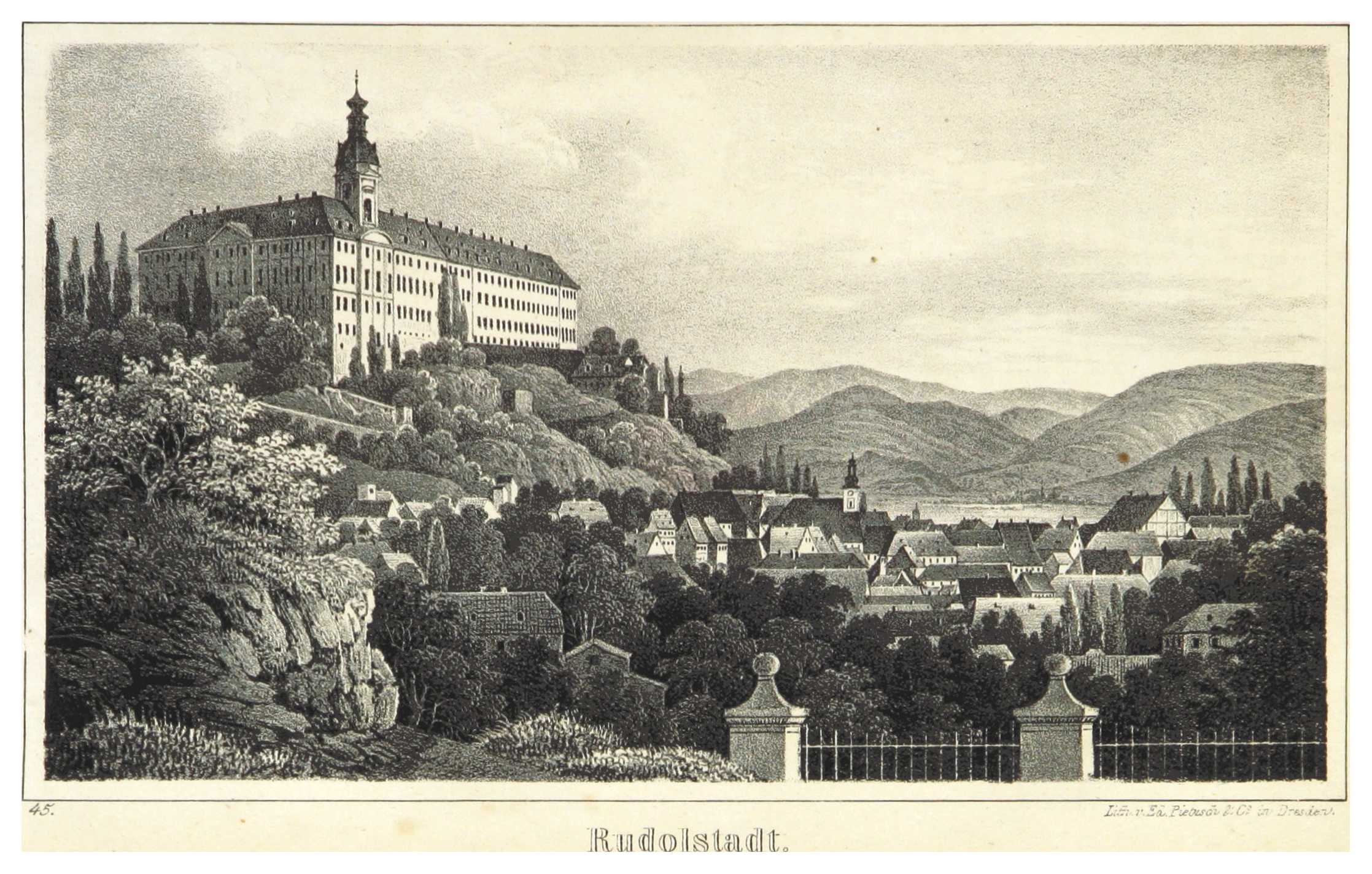Landtag Of Schwarzburg-Rudolstadt on:
[Wikipedia]
[Google]
[Amazon]
The Landtag of Schwarzburg-Rudolstadt was the
 Article XIII of the 1815
Article XIII of the 1815
unicameral
Unicameralism (from ''uni''- "one" + Latin ''camera'' "chamber") is a type of legislature, which consists of one house or assembly, that legislates and votes as one.
Unicameral legislatures exist when there is no widely perceived need for multi ...
legislature
A legislature is an assembly with the authority to make law
Law is a set of rules that are created and are enforceable by social or governmental institutions to regulate behavior,Robertson, ''Crimes against humanity'', 90. with its p ...
of the Principality of Schwarzburg-Rudolstadt
Schwarzburg-Rudolstadt was a small historic state in present-day Thuringia, Germany, with its capital at Rudolstadt.
History
Schwarzburg-Rudolstadt was established in 1599 in the course of a resettlement of Schwarzburg dynasty lands. Since th ...
. It existed from 1821 until 1923, five years after the dissolution of the principality.
History
 Article XIII of the 1815
Article XIII of the 1815 Constitution of the German Confederation
The Constitution of the German Confederation or German Federal Act (german: Deutsche Bundesakte) was the constitution enacted the day before the Congress of Vienna's Final Act, which established the German Confederation of 39 states, created fr ...
compelled member states to adopt constitutions. Friedrich Günther, Prince of Schwarzburg-Rudolstadt
Friedrich Günther, Prince of Schwarzburg-Rudolstadt (6 November 1793 – 28 June 1867) was a sovereign prince of Schwarzburg-Rudolstadt.
Biography
He was born in Rudolstadt the second son of the reigning prince of Schwarzburg-Rudolstadt, Louis ...
led the creation of the principality's constitution and diet in 1816, though the first parliamentary session did not begin until 1821.
The initial composition of the parliament consisted of fifteen members representing the manorial lords, city dwellers, and land-owning subjects.
Following the Revolutions of 1848
The Revolutions of 1848, known in some countries as the Springtime of the Peoples or the Springtime of Nations, were a series of political upheavals throughout Europe starting in 1848. It remains the most widespread revolutionary wave in Europea ...
, Schwarzburg-Rudolstadt adopted administrative reforms which effected the diet. The diet was thenceforth composed of nineteen members, elected in equal yet indirect elections. Further administrative reforms took place following the state's entry into the North German Confederation
The North German Confederation (german: Norddeutscher Bund) was initially a German military alliance established in August 1866 under the leadership of the Kingdom of Prussia, which was transformed in the subsequent year into a confederated st ...
in 1866 and after the dissolution of the Principality and subsequent creation of the short-lived Free State of Schwarzburg-Rudolstadt. The final set of reforms resulted in the reduction of the number of seats in the diet to ten in 1921.
References
{{reflist Historical legislatures in Germany